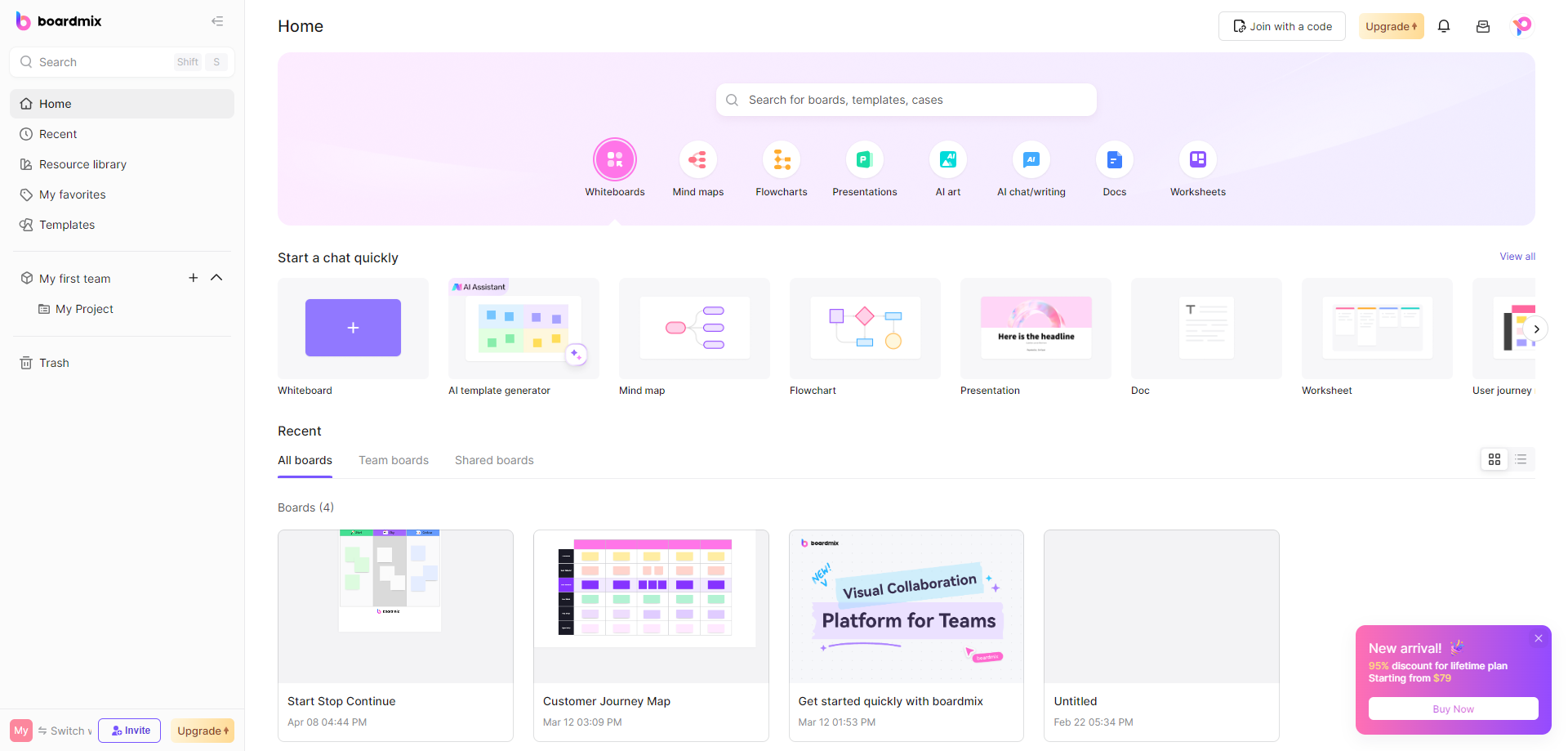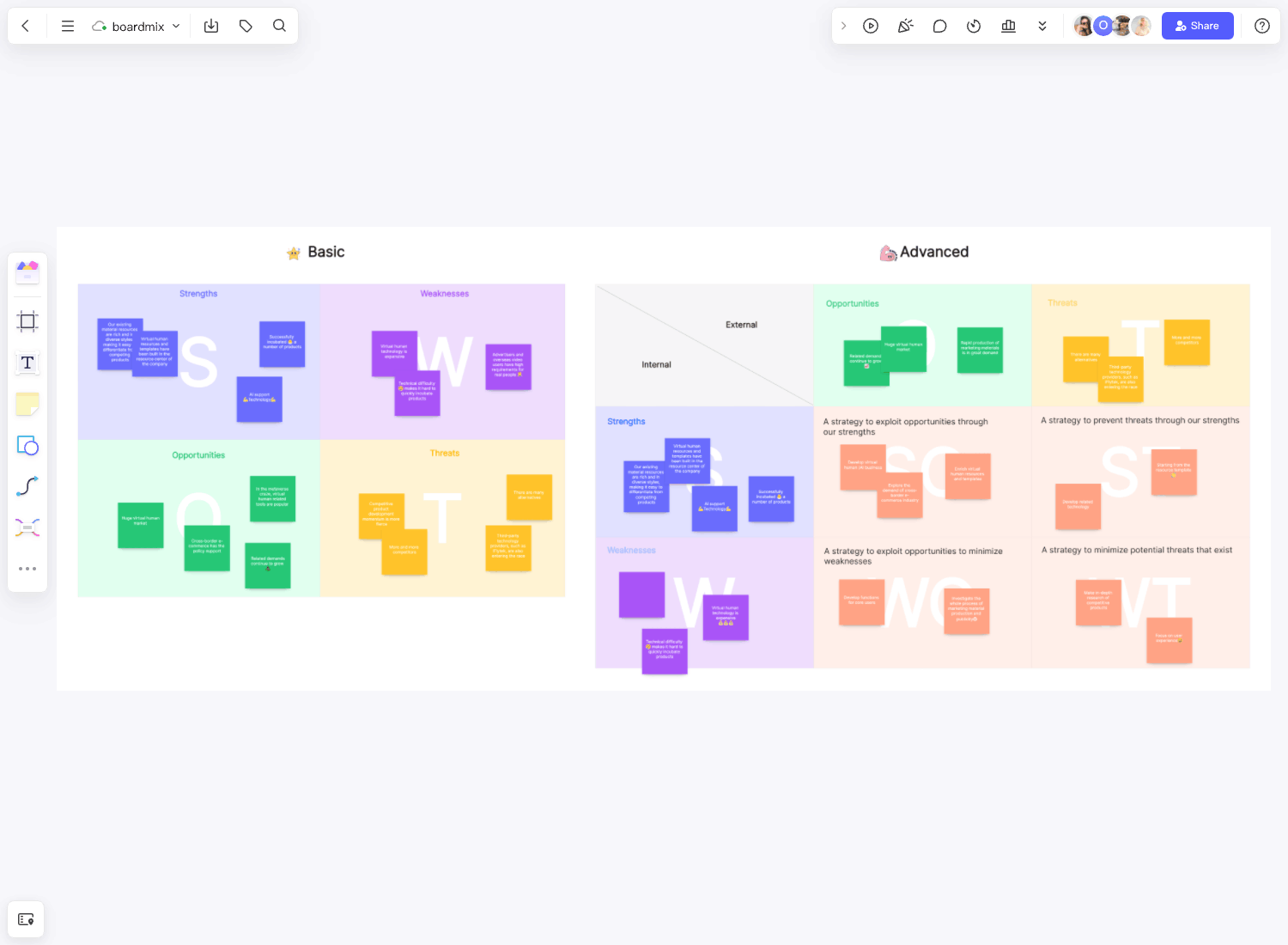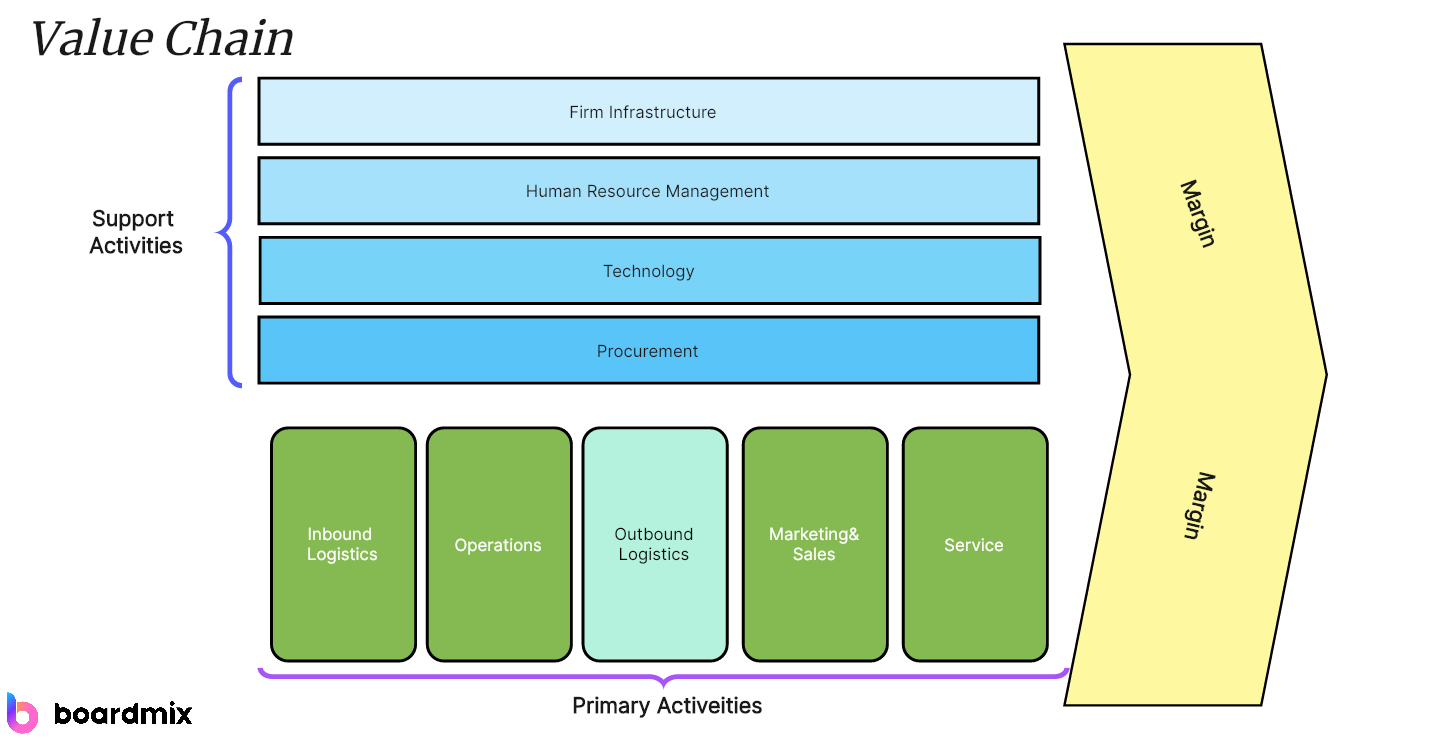In today's dynamic business landscape, understanding the external factors influencing a company's operations is crucial. This article delves into a detailed PESTLE analysis of Nestle, one of the world's leading food and beverage companies. By examining the Political, Economic, Social, Technological, Legal, and Environmental aspects affecting Nestle, we aim to provide valuable insights into its strategic positioning and decision-making.
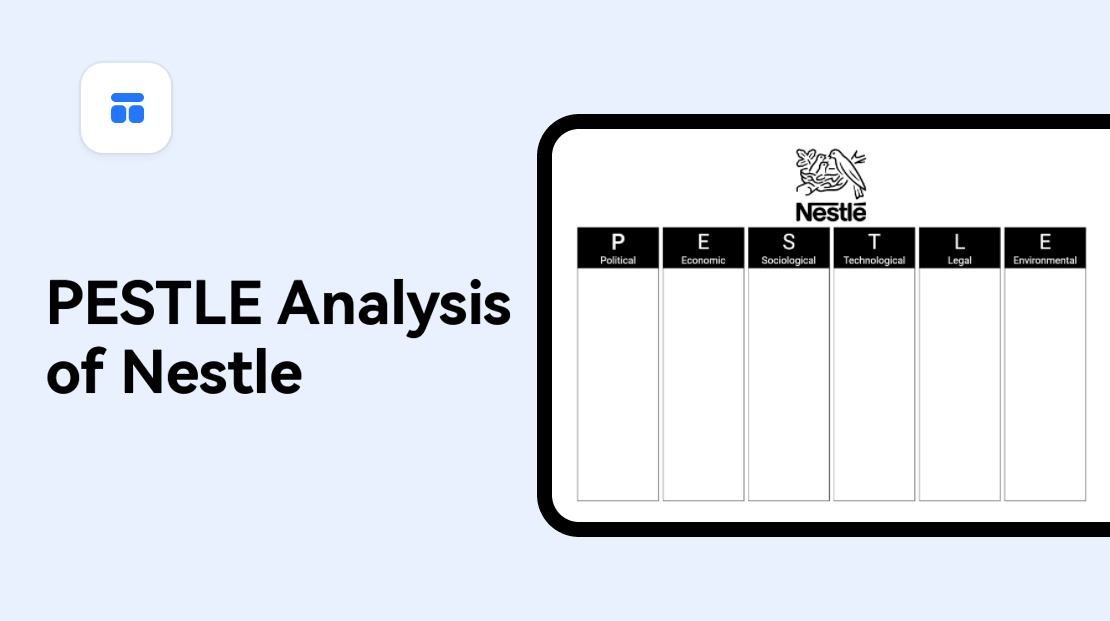
What Is the PESTLE Analysis
The PESTLE analysis, an acronym for Political, Economic, Social, Technological, Legal, and Environmental analysis, is a strategic tool used to evaluate the external factors impacting an organization. It provides a structured framework for assessing the macro-environmental forces that can influence a company's performance and decision-making.
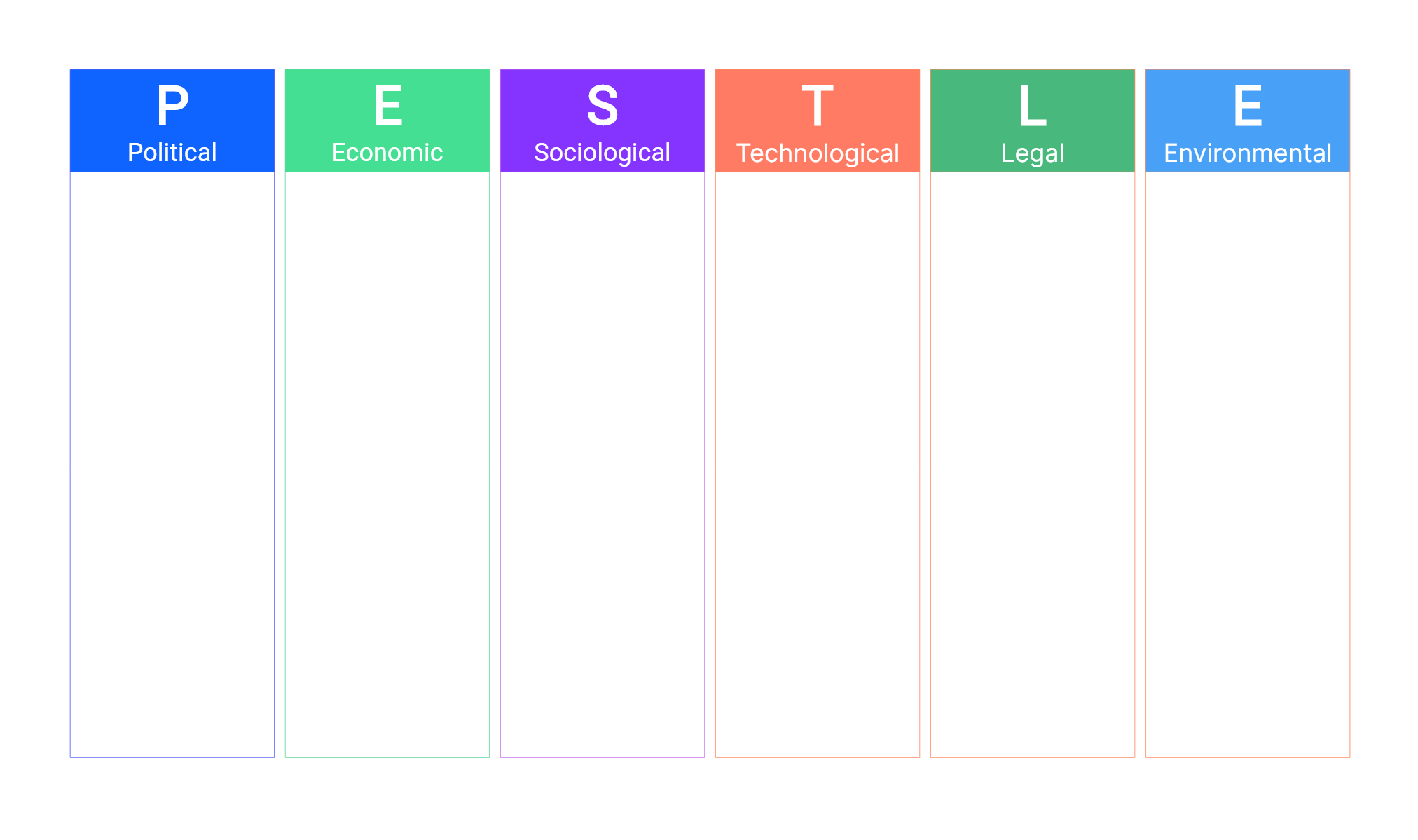
Political factors include government policies and stability, economic factors encompass economic conditions and growth prospects, social factors relate to cultural and demographic trends, technological factors involve advancements and innovation, legal factors encompass regulations and compliance, and environmental factors cover sustainability and ecological concerns. By systematically analyzing these factors, businesses can make informed decisions, identify opportunities, and mitigate risks in an ever-evolving business landscape.
Basic Info of Nestle
Nestle, headquartered in Switzerland, is a global powerhouse in the food and beverage industry, boasting a heritage that spans over a century. Its diverse product portfolio includes some of the world's most recognized brand. With strong brand identity, Nestle nowadays is a household name in nearly every corner of the globe. This extensive reach and brand recognition have solidified its position as one of the industry's foremost players.
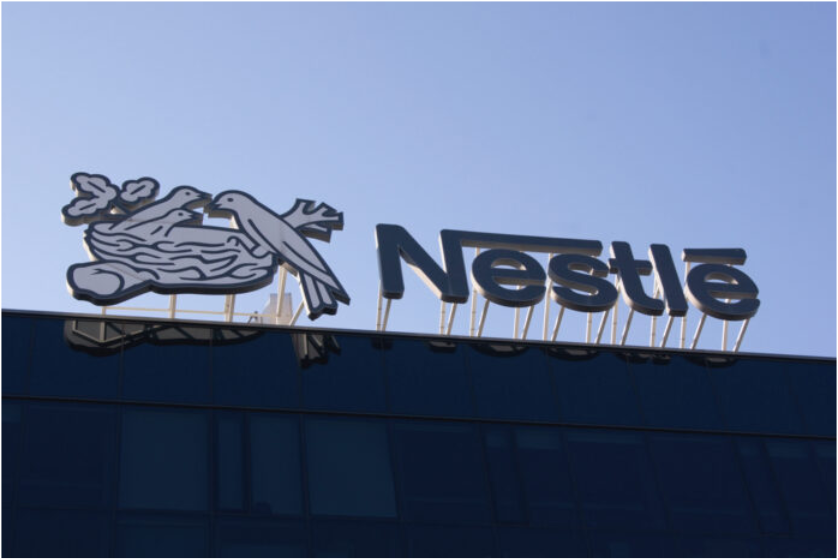
The company's operations encompass a wide array of sectors, ranging from dairy products like Nesquik to coffee brands like Nescafé, and beloved confectioneries like KitKat. This diverse product lineup allows Nestle to cater to a vast range of consumer preferences and needs. Nestle's commitment to delivering high-quality, nutritious products has established a strong bond of trust with consumers, further bolstering its reputation.
Nestle's global presence extends far beyond its product offerings. The company is deeply committed to sustainability and responsible business practices. Through initiatives like "Nestle for Healthier Kids" and efforts to reduce its environmental footprint, Nestle showcases its dedication to creating a positive impact on society and the planet. In the following sections, we will explore how Nestle navigates the external factors within its business environment, using a PESTLE analysis to gain insights into its strategic decisions and adaptability in an ever-changing world.
PESTLE Analysis of Nestle
A PESTLE analysis of Nestle involves a comprehensive examination of the six key external factors that can significantly impact the company's business environment and strategic decisions. Let's delve into each factor:
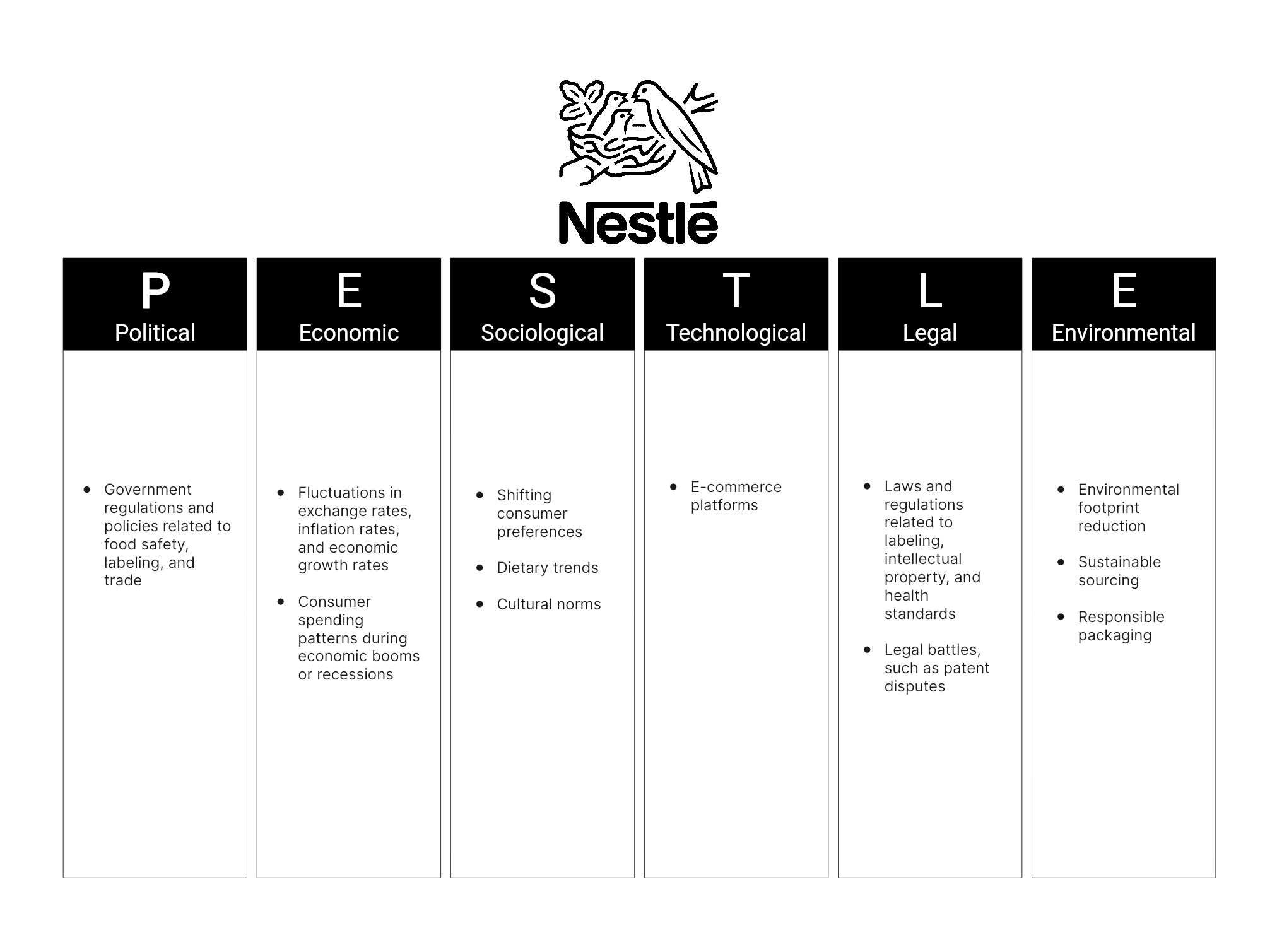
Political Factors
Political dynamics greatly influence Nestle's global operations. Government regulations and policies related to food safety, labeling, and trade play a pivotal role in shaping Nestle's strategies. For instance, changes in import/export regulations can impact the company's supply chain and market access. Understanding and navigating these political factors are essential for Nestle's continued success.
Economic Factors
Economic conditions, both on a global and local scale, hold immense importance for Nestle. Fluctuations in exchange rates, inflation rates, and economic growth rates can directly affect the company's financial performance. Consumer spending patterns during economic booms or recessions also influence Nestle's revenue and demand for its products.
Social Factors
Nestle's products cater to a diverse global market, making social factors a critical consideration. Shifting consumer preferences, dietary trends, and cultural norms impact product development and marketing strategies. For instance, the growing emphasis on health and wellness has led Nestle to reformulate products to meet changing consumer demands.
Technological Factors
The food and beverage industry is no stranger to rapid technological advancements. Nestle leverages technology for various purposes, from optimizing production processes to enhancing customer engagement through e-commerce platforms. Staying at the forefront of technological innovation is crucial for Nestle to maintain efficiency and competitiveness.
Legal Factors
Nestle operates within a highly regulated industry, and legal factors can pose significant challenges. Compliance with laws and regulations related to labeling, intellectual property, and health standards is essential. Legal battles, such as patent disputes, can also impact Nestle's operations and finances.
Environmental Factors
Environmental sustainability is a growing concern globally. Nestle's commitment to reducing its environmental footprint, sustainable sourcing, and responsible packaging is indicative of the importance of environmental factors. Adapting to climate change and addressing resource scarcity are critical aspects of Nestle's long-term strategy.
Insights from the PESTLE Analysis of Nestle
The PESTLE analysis of Nestle yields several key insights into how this global food and beverage giant manages its business environment. On the political front, Nestle must continuously adapt to changing regulations and trade policies, ensuring compliance and optimizing its supply chain in different markets. Economically, the company's financial flexibility and pricing strategies must remain responsive to currency fluctuations and varying consumer spending habits.
Nestle's commitment to understanding and meeting evolving consumer preferences and dietary trends in the social sphere underlines its dedication to innovation and consumer trust. Embracing technological advancements is crucial for efficiency and competitiveness, while proactively addressing legal challenges and safeguarding intellectual property rights is essential.
Finally, Nestle's proactive approach to environmental sustainability aligns with consumer values and enhances its brand image. These insights collectively highlight Nestle's strategic adaptability and commitment to long-term success in the dynamic food and beverage industry.
Key Takeaway: A One-stop Tool for PESTLE Analysis
The PESTLE analysis, as demonstrated through the analysis of Nestle, is a versatile and indispensable tool for businesses seeking to navigate the complexities of their external environment. By systematically evaluating political, economic, social, technological, legal, and environmental factors, organizations can gain critical insights, make well-informed decisions, and adapt effectively to the ever-changing landscape of the global marketplace.
Features of Making PESTLE Analysis on Boardmix
Boardmix's digital whiteboard provides an excellent platform for creating dynamic and engaging PESTLE analyses. PESTLE analysis - an acronym for Political, Economic, Social, Technological, Legal, and Environmental factors - is a strategic tool used to understand the macro-environmental factors that affect an organization. With its variety of features and intuitive interface, Boardmix is an ideal tool for this kind of strategic analysis. Here are some notable features that make Boardmix an effective platform for PESTLE analysis.
1.Interactive Whiteboard Interface
The interactive whiteboard is a powerful tool for visualizing your PESTLE analysis. You can draw, write, erase, and move elements freely on the board, allowing for dynamic interaction with your analysis.
2. Collaborative Tools
Boardmix allows multiple users to work together on a single whiteboard in real-time. This means you can collaborate with your team members on the same PESTLE analysis simultaneously, allowing for real-time brainstorming and discussion.
3. Multimedia Integration
With Boardmix, you can enrich your PESTLE analysis by integrating multimedia elements directly onto the whiteboard. These could include relevant news articles, video clips, data visualizations, and other resources that provide additional context and depth to your analysis.
4. AI-Assisted Idea Generation
One of Boardmix's standout features is its AI enhancement, which can suggest related concepts or ideas based on your input. This can be particularly useful in a PESTLE analysis to uncover hidden correlations or potential impacts that might not be immediately apparent.
5. Drag-and-Drop Functionality
Boardmix’s drag-and-drop feature allows you to easily arrange and re-arrange elements on your PESTLE analysis. This allows you to create logical groupings or highlight specific relationships between different factors in your analysis.
6. Templates and Pre-made Resources
Boardmix offers a variety of pre-made templates and resources that can expedite the creation of your PESTLE analysis. You can choose a template that best fits your needs and customize it as required.
7. Cloud Storage and Accessibility
Boardmix stores all your whiteboards securely in the cloud, ensuring you can access and continue your work from anywhere and at any time. Furthermore, as a web-based platform, Boardmix is compatible with a wide range of devices, making it a versatile tool for remote or distributed teams.

By leveraging these features, Boardmix offers an effective platform for conducting comprehensive PESTLE analyses. Whether you're brainstorming in real time with your team, integrating multimedia elements for deeper insights, or leveraging AI for idea generation, Boardmix's dynamic environment makes the strategic planning process more efficient and collaborative.To ease the task, you can take use of a one-stop tool called Boardmix. Just give it a try!











